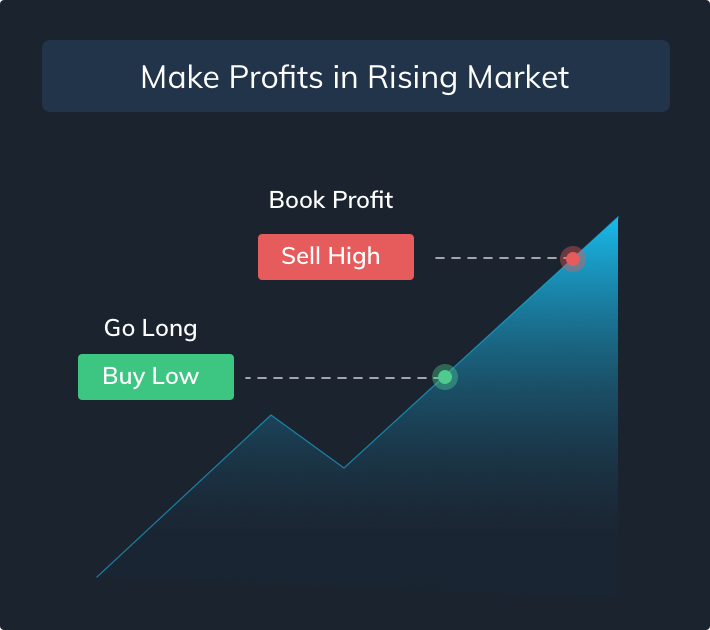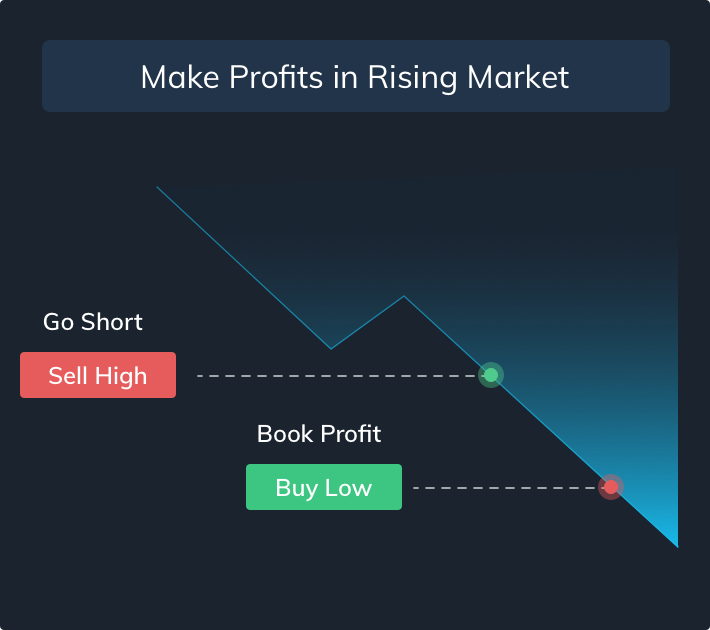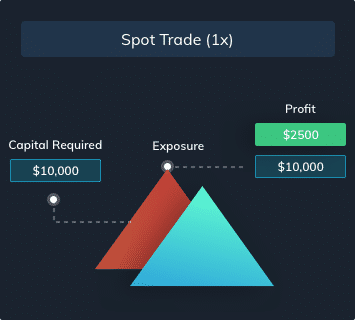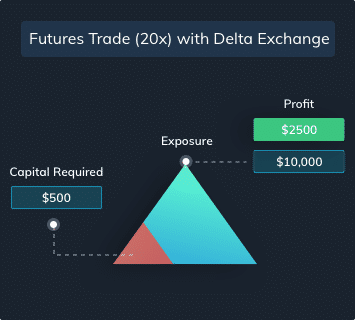Peanut the Squirrel Futures & Perpetual Guide: Trade PNUT Futures On Delta Exchange
Understand what PNUT futures are and how to use the leverage in futures to amplify your trading gains
PNUT Contracts Listed on Delta Exchange
Peanut the Squirrel futures enable you to take long (you profit when market goes up) and short positions (you profit when market goes down) on PNUT. Futures have in-built leverage which acts as a multiplier to your returns. Currently, the following Peanut the Squirrel contracts are listed on Delta Exchange.
PNUT Futures Contract Details
| Contract Name | PNUTUSD |
|---|---|
| Description | Peanut the Squirrel Perpetual |
| Max. Leverage | 20x |
| Margin Currency | USD |
| Taker Fees | 0.05% |
| Maker Fees | 0.02% |
| Contract Type | perpetual futures |
What is Peanut the Squirrel Futures Trading?
Peanut the Squirrel Futures is an agreement between two parties to buy or sell Peanut the Squirrel at a predetermined future date and price. The futures contract derives its value from the underlying cryptocurrency, Peanut the Squirrel in this case. Thus the price of a Peanut the Squirrel futures contract moves broadly in sync with the price of Peanut the Squirrel.
Trading futures is thus an alternative to actually buying or selling the underlying crypto (aka spot trading). In spot trading, you can make profit by buying Peanut the Squirrel low and selling it at a high price. This trade however works only in a bull market, i.e. when Peanut the Squirrel price is going up. However, in a bear market, there is no trade possible in spot trading. Furthermore, leverage trading is not possible in spot trading.
Trading Peanut the Squirrel through futures offers several advantages over spot trading of Peanut the Squirrel, namely ability to both long or short and get access to leverage.
Trade profitably in all market conditions
You can profit from rising PNUT price by going long Peanut the Squirrel futures. And, when PNUT price is falling, you can make profits by going short. This feature of futures trading enable you to navigate all types of market conditions profitably. Compare this with directly buying Peanut the Squirrel. When price is falling, you can either sell your Peanut the Squirrel or suffer losses. In spot trading, there is no way of profiting from falling prices.


Hedge Price Risk
If you are a HODLer, you can still use futures to mitigate price risk. Say, you hold PNUT. You can mitigate the risks you face when Peanut the Squirrel is falling by going short PNUT futures. In this case, a short futures position acts as a downside protection by effectively locking the $ value of your portfolio without the need for selling your Peanut the Squirrel. Judicious use of futures as hedge can make you a better and stronger HODLer.
Amplify trading gains with leverage
Leverage enables you to open positions that are bigger than your trading capital. If you can open a position that is 10 times bigger than your trading capital, then you have 10x leverage available to you. The maximum allowed leverage for futures listed on Delta Exchange is as high as 100x. There are two ways of thinking about leverage:
Leverage as capital efficiency driver: For opening a position of a given size, higher the leverage lower the trading capital required. The leverage in spot trading is always 1x, while it is 3-4x in margin trading. This means futures is 20 to 100 times more capital efficient than spot or margin trading.


Leverage as a returns amplifier: Because in a leverage trade position size is greater than the capital deployed, impact of prices moves gets magnified. The return on capital deployed is leverage times the price return. This means that you can amplify your trading gains the effective use of leverage.
If PNUT increased from $0 to $0 your return would be equal to:
Benefits of Trading PNUT Through Futures

Magnify returns through leverage
In-built leverage magnifies impact of PNUT price moves on your return on capital.

Trading both rising & falling markets
Long when bullish. Short when bearish. Trade all market conditions profitably.

Trade more with less
Deploy the capital freed up by using leverage in other trading opportunities
Why Trade PNUT Futures on Delta Exchange
Increase profitability
Low trading fees, tight spreads & deep order books of our PNUT contracts increase profitability of your trades
Improve risk management
Set TP / SL with your order, Leverage advanced order types and instruments (Options, Interest Rate Swaps) to create hedging strategies
Identify better trades
Use professional charts & advanced analysis tools to quickly identify trading opportunities
Have a Question About Trading PNUT Futures?
Why Delta Exchange?
Register Now Competitive spreads & fees
Competitive spreads & fees Generous Rewards
Generous Rewards 24/7 Support
24/7 Support